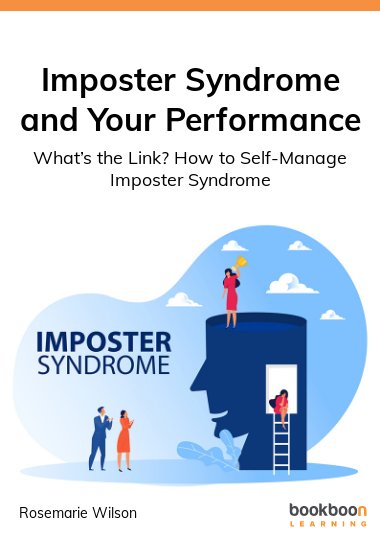Imposter Syndrome is a psychological pattern where individuals experience feelings of inadequacy, it’s also described as an internalised fear of being exposed as a fraud. Despite proven accomplishments, the individual is unable to internalise their success.There are different causes and characteristics of Imposter Syndrome, this book highlights a lot of the background for the causes behind it, along with some of the characteristics and signs to look out for. It also includes new perspectives and practical action steps to manage experiences of Imposterism, to enable you to overcome it.
About the Author
Rosemarie Wilson is an Accredited Mindset Coach, Speaker, Mentor and Founder of Pragmatica Coaching, a Coaching, Training and Consultancy Company.Through the delivery of 1 to 1 programs and workshops, she works with individuals to help nurture their talent, thrive in their role or take the next step in their career, alongside working with organisations that are committed to investing in and retaining talent, whilst supporting an organisational culture of Diversity, Inclusion and Belonging.Her background stems from over 20 years working in FinTech and Change Management in the corporate world.


